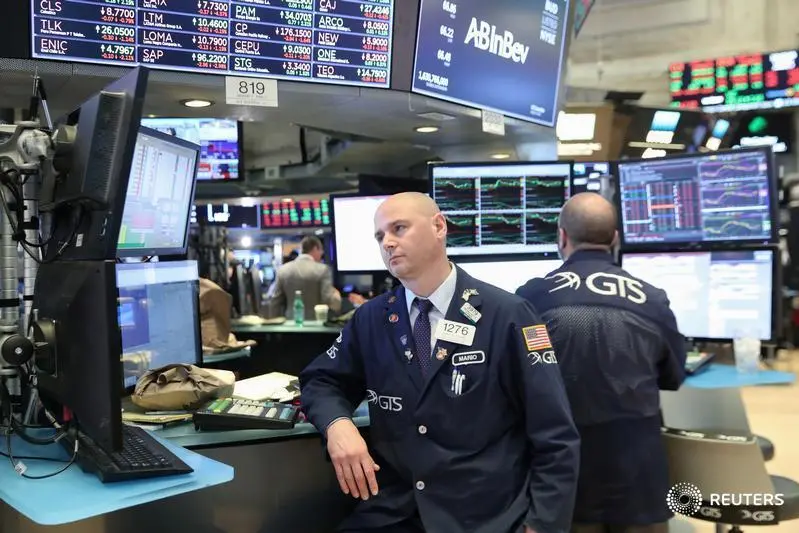PHOTO
HONG KONG - Uber's tangled alliances are getting messier. The U.S. ride-hailing giant's imminent initial public offering, set to value it at as much as $100 billion, has laid out details of deals struck in recent years as it pulled out of hyper-competitive markets like China, taking stakes in local rivals instead. The pacts look worryingly asymmetrical, though, tying up mostly Uber.
The San Francisco-based company, founded a decade ago, expanded fast into emerging economies. But after a brutal subsidiary war in the People’s Republic, Uber swapped its loss-making Chinese unit for shares in market-leader Didi in 2016, in a deal that has yet to secure local antitrust approval. That was followed by similar agreements with Grab in Southeast Asia, and a joint venture with Russian tech group Yandex. Combined, Uber's minority stakes in the three businesses are now worth over $11.5 billion, its draft prospectus shows.
The fine print, however, suggests Uber may have given up a lot to stem the cash bleed. It agreed to not compete for years in the markets it was exiting – until 2023 for Southeast Asia, or a year after the total sale of its Grab stake - and longer for Russia and the former Soviet states.
Yet any of these partners can compete with the U.S. group elsewhere, it says - and they do. Didi has expanded aggressively in Latin America, where it bought Brazilian app 99 last year, giving up Uber share options which would have restricted its ability to invest outside Asia.
Uber also limited its say in partners’ businesses. Despite taking a nearly one-fifth stake in Didi in 2016, valued at $6 billion at the time, it does not have a seat on the board – a quirk it apparently fixed with subsequent deals with Grab and Yandex. Even selling the stakes, tempting given substantial gains, would face restrictions.
All of this would be enough to complicate Chief Executive Dara Khosrowshahi’s expansion plans. But add in backer SoftBank’s daedal holdings across the industry’s competitors, including Didi, plus the Chinese group’s own deals with rivals Lyft, Grab and Indian player Ola, and it becomes a cat’s cradle of rivals and partners. There is plenty of cash for Uber and peers to splurge, and no one is backing off: this entanglement is only going to get harder for investors to pick through.
CONTEXT NEWS
- Ride-hailing app Uber Technologies filed a draft prospectus with the U.S. Securities and Exchange Commission on April 11. The company set a placeholder amount of $1 billion but did not specify the size of the initial public offering.
- Uber plans to sell around $10 billion worth of stock at a valuation of between $90 billion and $100 billion, Reuters reported on April 10, citing sources.
- The company holds minority stakes in China's Didi Chuxing, Yandex.Taxi, a Russian joint venture, as well as in Grab in Southeast Asia, worth a combined $11.5 billion, according to Uber's draft prospectus.
- Didi was last valued at over $65 billion after a funding round in 2018, Reuters reported in February, citing sources.
(Editing by Clara Ferreira Marques and Katrina Hamlin)
© Reuters News 2019





















